If you’re an SEO (search engine optimization) expert, click away. This is a basics post for those of you who don’t perhaps have a Ph.D. in search engine strategies. There are so many components of SEO, that we’ll have to separate it into parts over the course of a few months. Please know that I am no SEO mogul myself, but there are a few simple tips and tricks we can all pick up on… SEO expert or SEO beginner.
Search Engine Optimization isn’t a one-time-and-done process. As SEO rules are updated, search engines like Google are making fresh content a necessity. To have a fully optimized site (if we’re honest with ourselves, no site will ever be 100% optimized… I’ll explain), you should implement as many of these tips as possible, but be careful, the rules are constantly changing. So how can you keep up with a rule book when the rule makers are always changing the rules?! Annoying, I know. But look at it from Google’s perspective – giving its users quality content will keep their users coming back… just like doing good restoration work will keep your clients calling back.
If you’re not interested in learning SEO tips, you have two options – don’t worry about the internet and stick with the archaic way of “if you build it, they will come” mentality, or… listen up, take notes, and profit (yes, I’m saying you need to learn this, or watch your competition figure it out). Also, if you have some money to burn, you can always hire this task out to various companies (it’s like asking someone to raise your kids for you… if you don’t mind the potential for them to be insane, then by all means!)
Right now, let’s talk about backlinking.
Google SEO – Backlinks
Backlinking – it’ a term you commonly here in SEO-speak and it still applies to even the restoration industry. Let me explain – if I link to another website like I did right here – http://www.facebook.com/RestorationMarketingBlog , I’ve backlinked to that website. For comparison sake, it’s like standing on a street corner with a dozen doughnuts. The man holding the box of doughnuts is a website with great content. Everyone who takes a doughnut from his box is other websites who link back to that awesome website with great content. (am I craving doughnuts now or what?!) Those websites who linked back (people who took the doughnuts) enjoy the perks of linking back to great content, while the man who put the time in purchasing the doughnuts and handing them out (the great website everyone’s linking to) gets the perks of backlinking.
The formal definition for backlinks is…
Backlinks, also known as incoming links, inbound links, inlinks, and inward links, are incoming links to a website or web page. In basic link terminology, a backlink is any link received by a web node (web page, directory, website, or top level domain) from another web node.
Complicated, yes. Doable, yes. The key thing you need to remember for backlinking is this : Content is King. Write it down, put it up on your monitor, get it tattooed on your arm (if you’re into that sort of thing). Content, content, content! Fresh, unique, valuable content will make people want to link back to your website!
In the past, crooked SEO companies would sell your on a list of thousands of backlinks to your website meaning they would generate links from your website to dummy blogs and other dummy websites. Don’t walk, RUN away from this. It’s a blackhat SEO trick and will result in a time-out in the Google corner (which means you’ll fall off the face of the Google search engine). You should focus on creating natural backlinks. And how do we do that? *everyone repeat together* Fresh, Quality Content.
Guest Posting – What is it? What does it Mean?
A great tip to create a natural backlink is to guest post. Guest posting is when one website owner volunteers to do a write up on another website owner’s blog (we’ll be having guest posts here, so be on the lookout for opportunities!). By volunteering to guest post, you can link back, naturally, to your own website either within the content, or in the author block. Another perk of guest posting is the free advertising you’ll get from that blog. We all have a Facebook page fan – http://www.facebook.com/RestorationMarketingBlog base waiting to read some fresh content.
So you’re willing to guest post, but don’t know anyone with a blog willing to let you do a write- up on the last restoration project you did? I’m calling bull crap on that. Look at your subs. Do they have websites? Your paint supplier, your carpenter, your subs, even your client may have their own blog! There are so many options waiting to be tapped into.
Creating your Own Backlinks.
Do you belong to a Linkedin group? Post up a few of your articles there (don’t spam, no one like a spammer). It’s a great place to share content and find your own list of guest posters willing to offer up their time for some backlinks lovin’ – if they know what’s good for them, that is.
FAQ
What is SEO?
SEO is the process of optimizing a website to rank higher in search engine results pages and increase the visibility and credibility of the website.
What year is the SEO information on the page relevant for?
The SEO information on the page is relevant for the year 2013.
What are some of the SEO tips provided on the page?
Some of the SEO tips provided on the page include creating unique and relevant content, optimizing meta descriptions, using keywords in the URL, and using header tags.
Why is unique and relevant content important for SEO?
Unique and relevant content is important for SEO because it helps search engines understand the purpose and content of a website. It also helps to attract and engage visitors to the website.
What is a meta description?
A meta description is a brief description of a webpage that is displayed in search engine results pages.
Why is optimizing meta descriptions important for SEO?
Optimizing meta descriptions is important for SEO because it helps to increase the visibility and click-through rate of a website in search engine results pages.
Why is using keywords in the URL important for SEO?
Using keywords in the URL is important for SEO because it helps search engines understand the content of a webpage and the context in which it is relevant.
What are header tags and why are they important for SEO?
Header tags are HTML tags that are used to define headings and subheadings on a webpage. They are important for SEO because they help to structure the content of a webpage and make it easier for search engines to understand its hierarchy and relevance.
Is the information on the page still relevant for current SEO practices?
The information on the page is from 2013 and may not be up-to-date with the current best practices for SEO. It is advisable to consult more recent and relevant resources for the most up-to-date information on SEO.
Finally, if you would like humble old me to guest post on your blog, feel free to leave a request in the comments!

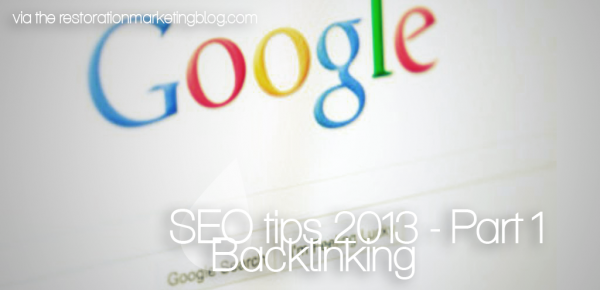











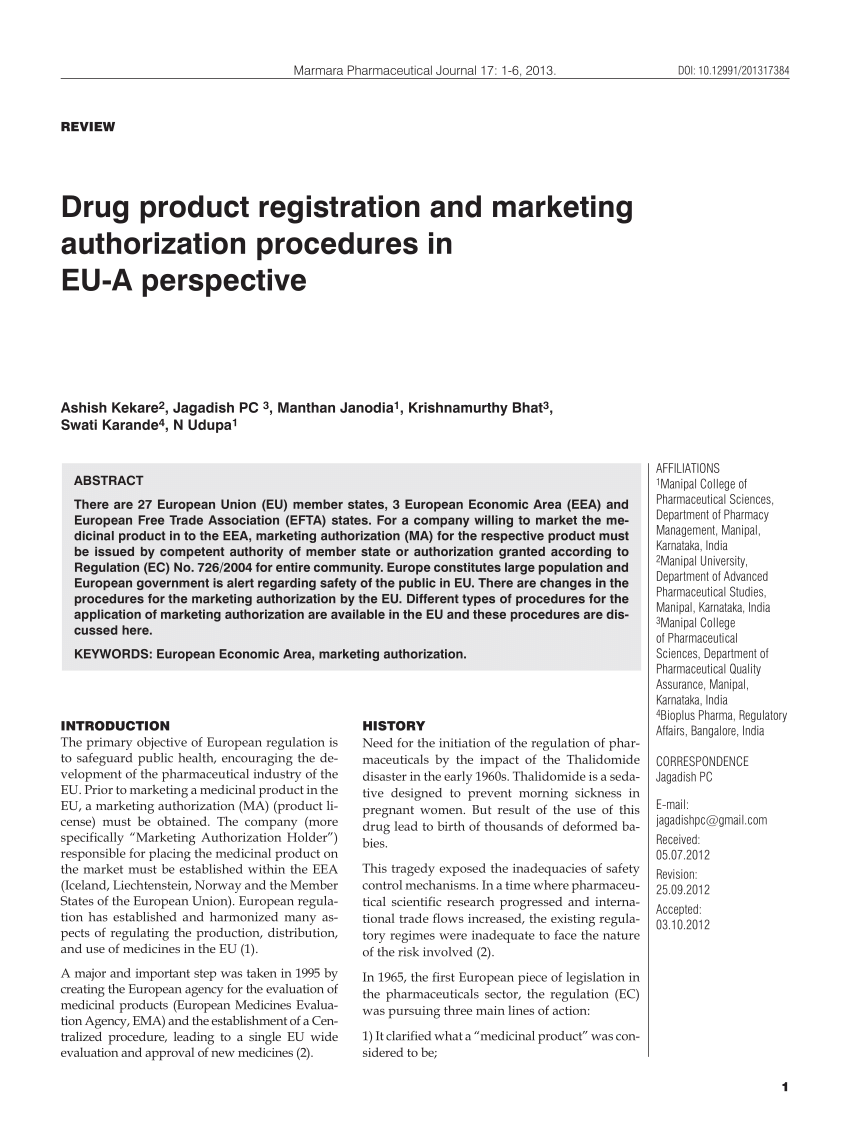

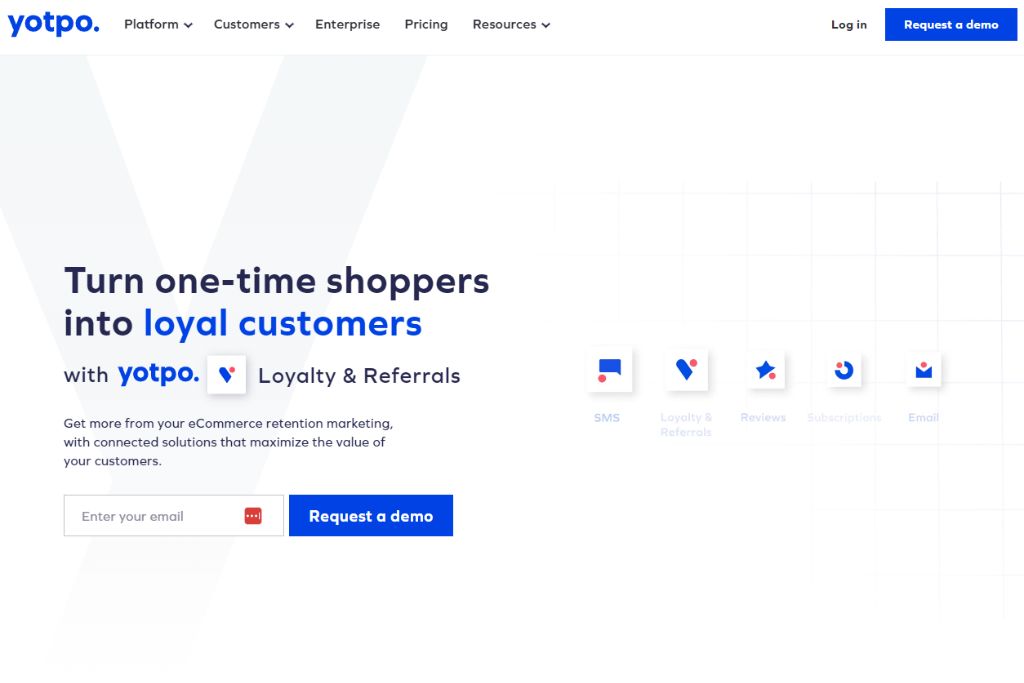
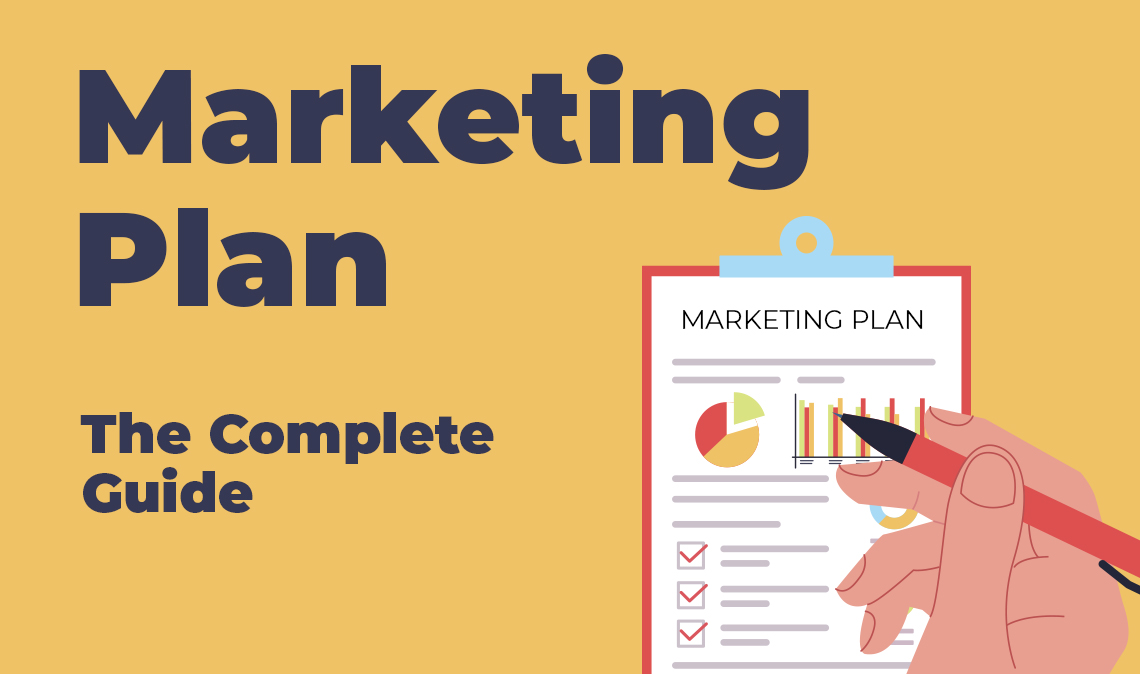
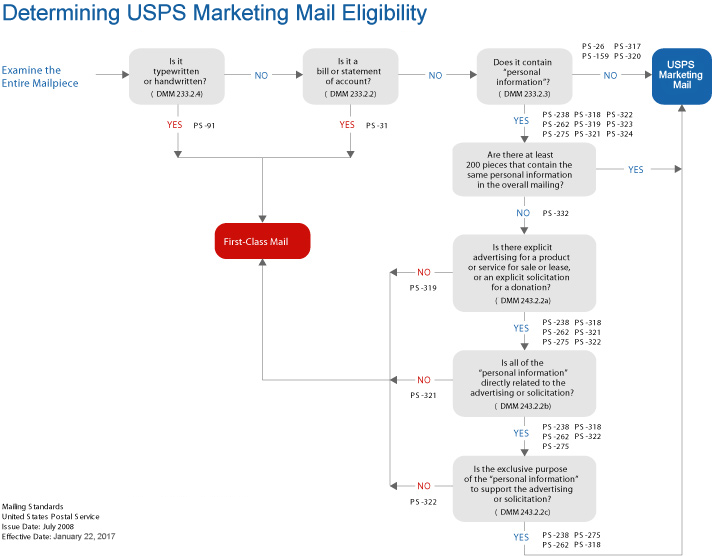
I found this article on SEO tips from 2013 to be incredibly informative and helpful. The author offers practical suggestions for improving your website’s search engine ranking that are still relevant today.
This article on SEO tips for 2013 is a must-read for anyone looking to improve their website’s visibility. The author provides actionable tips and insights that will help you stay ahead in the game.
This article is a great resource for anyone looking to improve their website’s SEO in 2013. The tips provided are practical and easy to follow, making it a must-read for anyone serious about improving their online presence.
I found this article to be incredibly informative and well-written. The tips on on-page optimization and content creation were particularly helpful in improving my website’s search engine rankings.
This article does an excellent job of breaking down the complex topic of SEO and making it accessible to non-experts. I appreciated the clear explanations and actionable tips.
The author of this article clearly has a deep understanding of SEO and provides actionable advice that can help businesses of any size. I particularly appreciated the focus on local SEO, as this is an increasingly important area for small businesses.
As someone who is new to SEO, I was grateful to stumble upon this article. The author presents the information in a clear and concise way, making it easy for beginners like me to understand and implement.
If you’re looking to improve your website’s SEO, this article is a great starting point. It covers everything from keyword research to link building in a clear and concise manner.
As someone who has struggled with SEO in the past, I found this article to be a game-changer. The tips are straightforward and easy to implement, and I’ve already seen an improvement in my website’s traffic since putting them into practice.
As someone who is new to SEO, I found this article to be incredibly helpful. It provided me with a solid foundation of knowledge and actionable tips for improving my website’s ranking.
If you are looking for practical tips on how to improve your website’s SEO, then look no further than this article. The author provides a wealth of knowledge and experience, backed by research and proven results.
This is one of the most informative SEO articles I’ve read in a long time. The author covers a wide range of topics, from keyword research to link building, all with a clear and concise writing style that makes it easy to understand.
I have been in the digital marketing industry for years, and I can confidently say that this article is one of the best resources I have come across on SEO. The tips are relevant, up-to-date, and actionable, making it a valuable read for anyone in the field.
I’ve been working in digital marketing for years, and I still found this article on SEO tips from 2013 to be incredibly informative. The author offers fresh insights and practical tips that any website owner can benefit from.
Whether you’re a seasoned SEO professional or just starting out, this article is a must-read. The tips provided are practical and actionable, making it easy for anyone to improve their search engine rankings and drive more traffic to their website. Highly recommended!